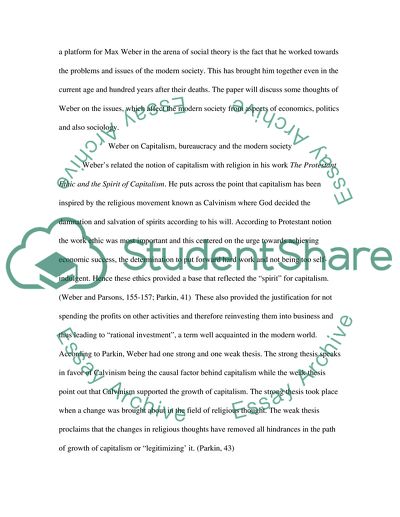Cite this document
(Max Weber as a Philosopher of the Social Sciences and His Idealistic Case Study, n.d.)
Max Weber as a Philosopher of the Social Sciences and His Idealistic Case Study. Retrieved from https://studentshare.org/social-science/1737013-max-weber
Max Weber as a Philosopher of the Social Sciences and His Idealistic Case Study. Retrieved from https://studentshare.org/social-science/1737013-max-weber
(Max Weber As a Philosopher of the Social Sciences and His Idealistic Case Study)
Max Weber As a Philosopher of the Social Sciences and His Idealistic Case Study. https://studentshare.org/social-science/1737013-max-weber.
Max Weber As a Philosopher of the Social Sciences and His Idealistic Case Study. https://studentshare.org/social-science/1737013-max-weber.
“Max Weber As a Philosopher of the Social Sciences and His Idealistic Case Study”, n.d. https://studentshare.org/social-science/1737013-max-weber.


